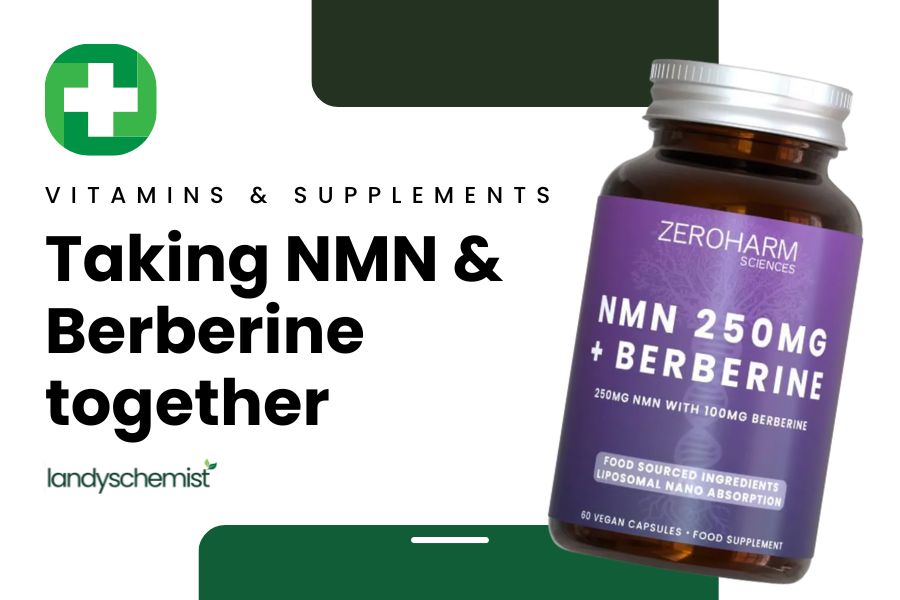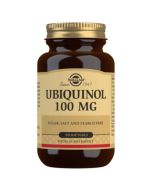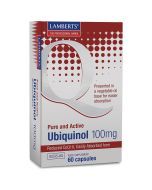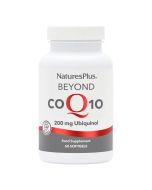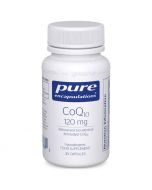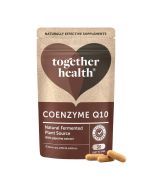
Ubiquinone vs Ubiquinol: What's The Difference?
Ubiquinone and ubiquinol are two forms of CoQ10 (coenzyme Q10), a nutrient that helps your cells produce energy and acts as an antioxidant. Ubiquinone is the oxidised form, which the body must convert into ubiquinol, the reduced and active form. Research shows that ubiquinol is more bioavailable, meaning it's easier for your body to absorb and use - especially important for older adults or those with heart conditions or chronic fatigue.
Ubiquinone vs Ubiquinol
- Ubiquinone is the standard form of CoQ10. Your body must convert it into ubiquinol before it can be used in cellular energy production (ATP synthesis).
- Ubiquinol is already in the form your cells need, making it more efficient, especially when natural conversion slows down with age or illness.
What Does Research Say? Ubiquinone or Ubiquinol
Multiple clinical trials have shown that ubiquinol supplements lead to much higher CoQ10 levels in the blood compared to ubiquinone. In a 2018 Food & Function study, adults over 55 who took ubiquinol had significantly greater increases in plasma CoQ10, proving it has better bioavailability. Another study in BioFactors found that switching to ubiquinol in people with advanced heart failure boosted blood CoQ10 levels fourfold. It also improved heart function, raising the heart’s ejection fraction from 22% to 39% and reduced symptoms from severe to moderate.
Additionally, statin medications, commonly used to manage cholesterol, are known to reduce natural CoQ10 production. Ubiquinol has been shown in multiple studies to restore CoQ10 levels more effectively in statin users than ubiquinone, helping improve energy and reduce muscle fatigue.
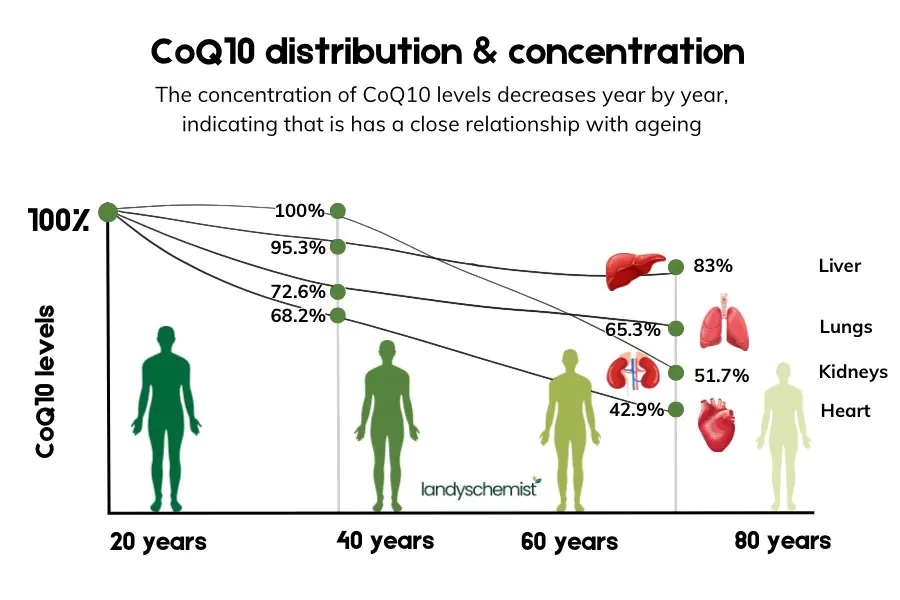
Which One Should You Take?
- For healthy adults under 40, ubiquinone is often enough, especially if you have no absorption issues.
- For people over 40, on statins, or dealing with fatigue or cardiovascular concerns, ubiquinol is the better option because it's more absorbable and immediately active.
“Ubiquinol offers a clinically useful advantage in patients with fatigue, cardiovascular issues, or those on statins. It bypasses the body’s need to convert CoQ10, which can be a limiting factor with age or illness.”says Girish Desai, Pharmacist at Landys Chemist
Ubiquinone vs. Ubiquinol Comparison Table
| Feature | Ubiquinone | Ubiquinol |
| Form | Oxidised (inactive) | Reduced (active) |
| Absorption | Moderate | High |
| Best For | General wellness | 40+, fatigue, heart health |
| Clinical Support | Moderate | Strong for absorption & cardiovascular function |
| Conversion Needed? | Yes | No |
Summary
Ubiquinone and ubiquinol are two forms of CoQ10, but research shows that ubiquinol is more effective for raising blood CoQ10 levels, especially in adults over 40, statin users, and those with fatigue or heart concerns. While ubiquinone must be converted by the body, ubiquinol is already in its active form and more easily absorbed. Clinical studies confirm that ubiquinol improves energy, supports heart function, and restores CoQ10 levels more efficiently, making it the preferred form for enhanced cellular energy and cardiovascular health.
Sources:
- Bioavailability of Coenzyme Q10: An Overview of the Absorption Process and Subsequent Metabolism - PMC
- The Ubiquinone-Ubiquinol Redox Cycle and Its Clinical Consequences: An Overview - PMC
- Ubiquinol is superior to ubiquinone to enhance Coenzyme Q10 status in older men - Food & Function (RSC Publishing)
- Statins - NHS
This article is for informational purposes only and is not a substitute for medical advice. Consult your doctor or healthcare provider before starting any supplements, treatments, or remedies. Ensure a varied and balanced diet and a healthy lifestyle before considering supplements. Supplements should not replace a balanced diet.



